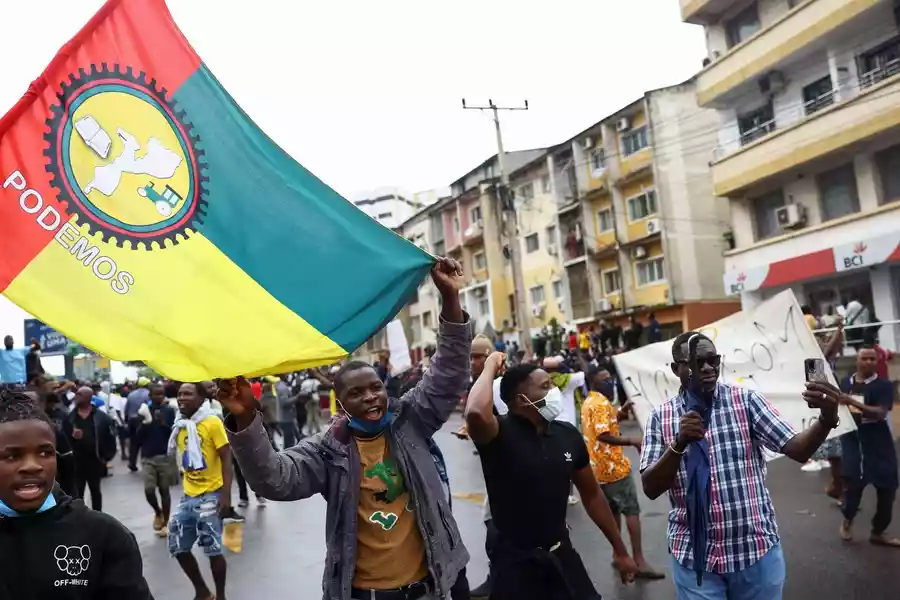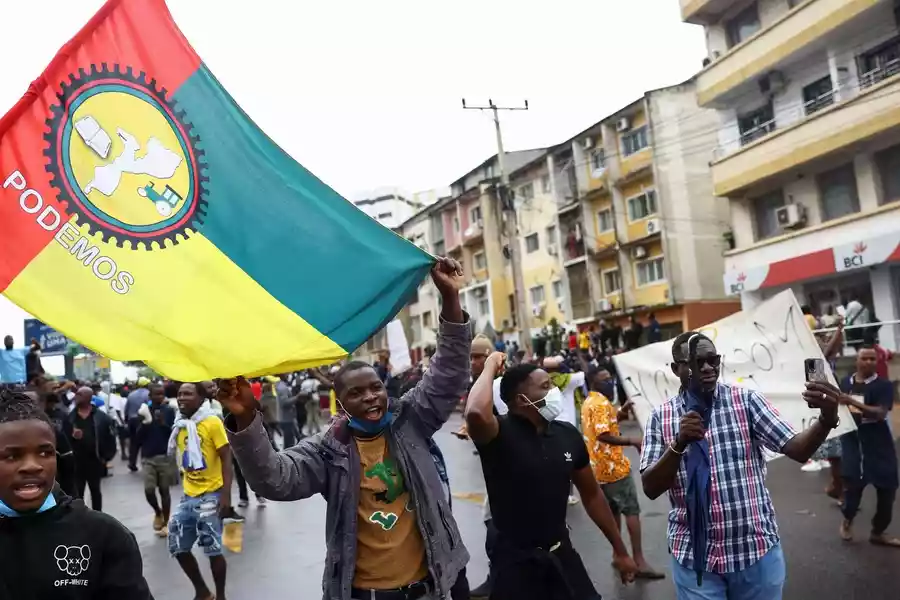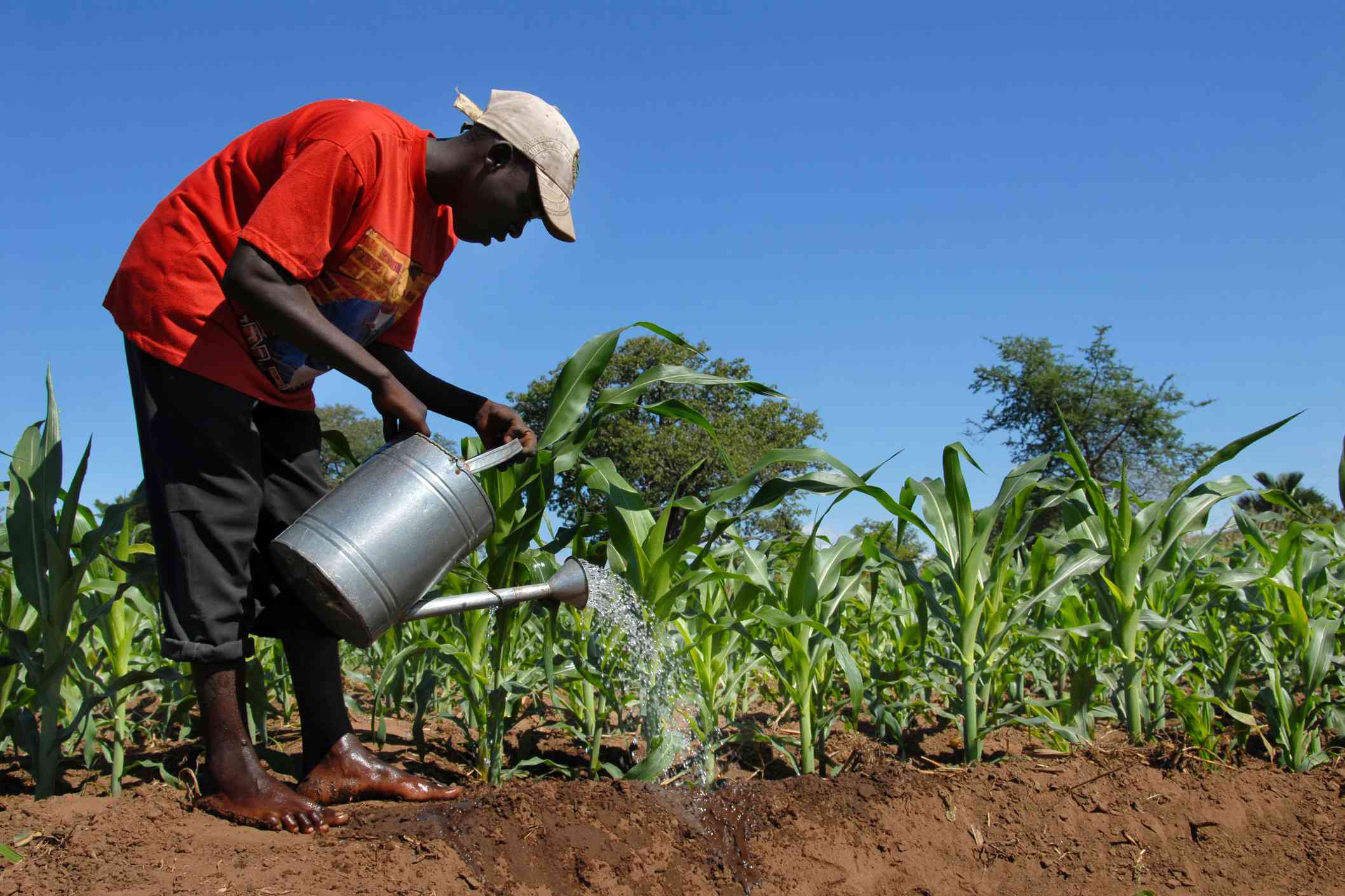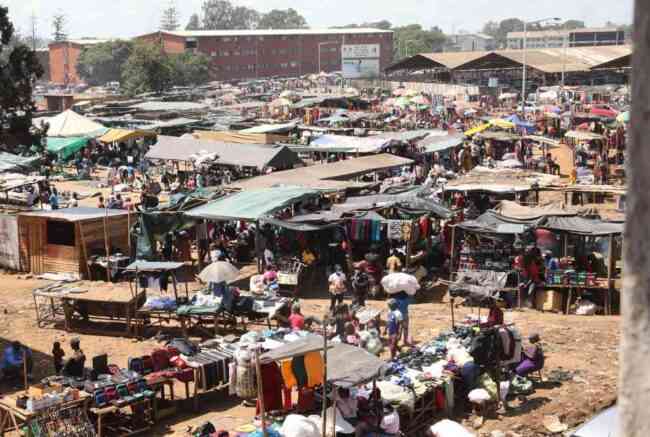
ZIMBABWE is among the Southern African Development Community (Sadc) countries grappling with a significant disruption to regional trade due to ongoing post-election violence in Mozambique.
The turmoil, which erupted following the contested results of that country’s recent general elections, has spilled to the economic sphere, with Zimbabwe emerging as one of the hardest-hit nations.
The violence, centred in key Mozambican provinces, has disrupted critical transport corridors, including Beira and Maputo trade routes.
These routes are vital arteries for landlocked countries like Zimbabwe, Zambia and Malawi, which rely heavily on Mozambican ports for export trade.
Zimbabwe, whose economy is heavily dependent on the smooth flow of trade has faced mounting challenges.
The Beira Corridor, which connects Harare to the port of Beira, has seen significant delays as a result of blockades and attacks on freight vehicles.
This disruption has resulted in high transportation costs,delayed shipment and a scarcity of essential commodities, including fuel and raw materials for industries.
National Railways of Zimbabwe (NRZ) spokesperson Andrew Kunambura admitted that the Mozambique unrest is affecting smooth movement of goods in and out of the country.
“The Mozambique conflict started soon after elections sometime in October last year. Mozambique is our major export and import route via the Beira Port and Maputo Port. We move chrome, lithium, coal, sugar, granite from Zimbabwe to both Maputo and Beira.
“From Maputo we are importing grains, fuels and fertilisers and to a limited extent coal from Maputo to Zambia. The conflict has resulted in occasional stalemate in traffic flow as authorities in Maputo regularly cancel train operations when the problems intensify. From the port movement of fertilisers into the country was affected, movement of imported grains also stalled.
“From a business perspective these stoppages meant that NRZ would not realise railage from customers, hence impacting negatively on the financials.
“On the broader scale, this means the national economy is adversely affected since the movement of export products that earn the country foreign currency is disrupted in a major way, as much as the imports.”
He said the conflict had also affected fertiliser imports into Zimbabwe.
“As an example, we are in the middle of the farming season and we need lots of fertilisers whose movement into the country has slowed down because of the protests,” Kunambura said.
Economic analysts warned that prolonged instability in Mozambique could exacerbate Zimbabwe’s fragile economic recovery.
The nation’s exporters, particularly those in the agricultural and mining sectors, are bearing the brunt of the crisis as goods destined for international markets are stranded.
“Zimbabwe’s trade infrastructure is deeply intertwined with Mozambique. Any disruption on these routes directly impacts our economy,” said Tafadzwa Nyika, a trade economist based in Harare. “The violence is not just a Mozambican issue; it is a regional problem that demands urgent attention from Sadc leaders.”
Knowledge management expert Tanatsiwa Dambuza said Mozambique is a linchpin in the region’s economic framework.
“It provides essential resources such as fuel, which are critical for the functioning of economies across the region. The port of Beira, for instance, is a vital gateway for goods entering and leaving the region, particularly for landlocked countries like Zimbabwe,” he wrote on LinkedIn.
“The violence and subsequent border closures threaten to sever these supply chains, leading to shortages and skyrocketing prices for essential commodities. The disruption of fuel supplies alone could cripple the economies of neighbouring countries, leading to cascading effects that may take months or even years to fully recover.”
Sadc on Sunday held a virtual Extraordinary Summit of Heads of State and Government of the Organ Troika to deliberate on the post-election situation in Mozambique.
The summit mandated the Sadc Panel of Elders, supported by the Ministerial Committee of the Organ Troika member States, namely Malawi, Zambia and Tanzania, as well as the Sadc Secretariat, to engage with the Mozambican and opposition leaders.
The panel is expected to present its findings and recommendations to the chairperson of Sadc by January 15, 2025.









